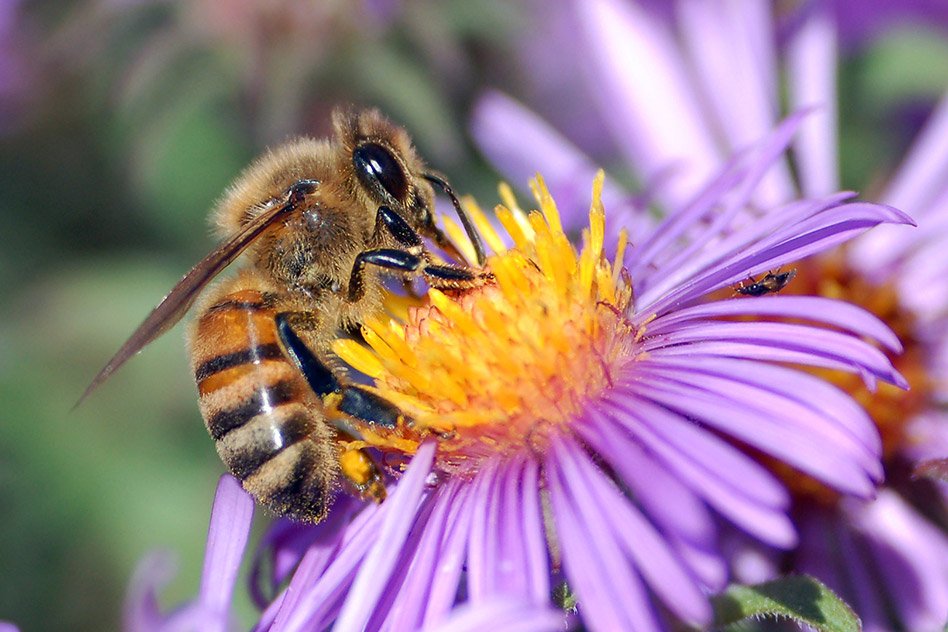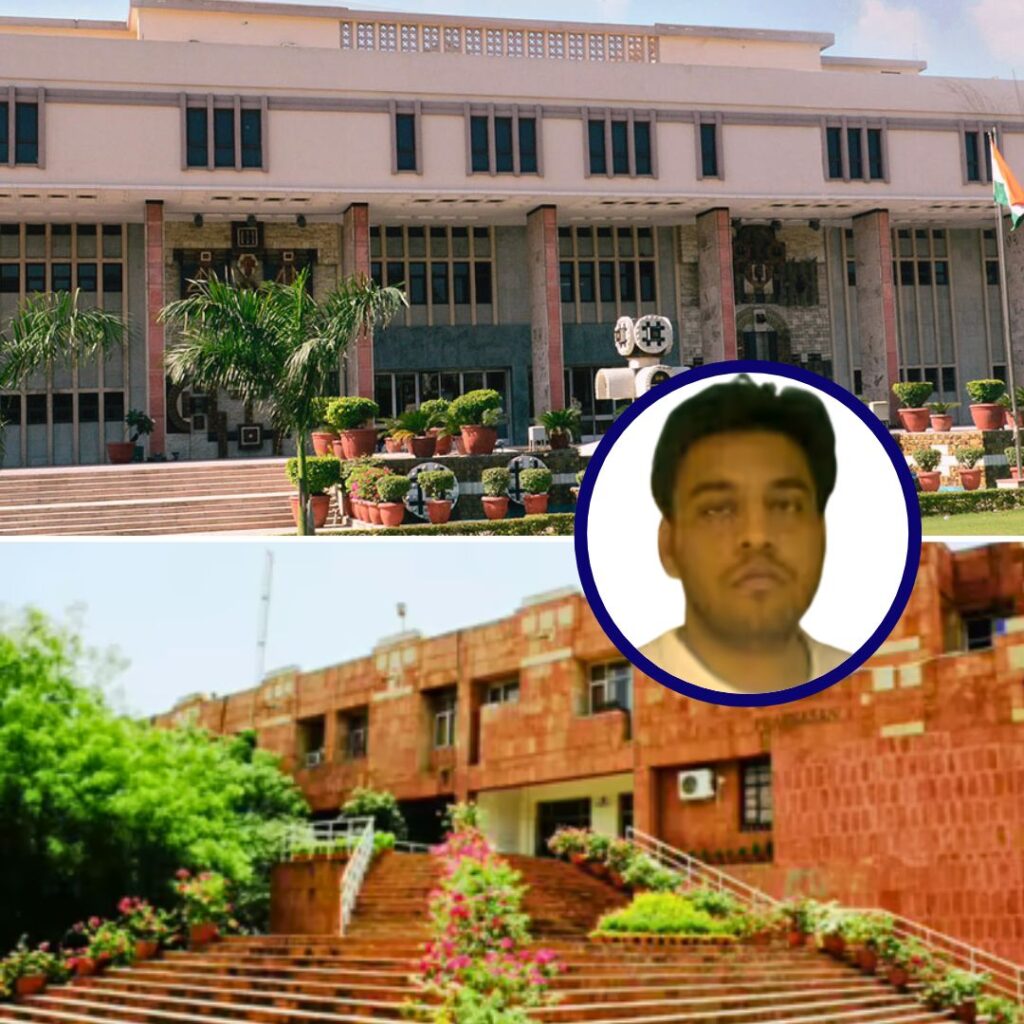Image Source: indileak
Bees and several other pollinators are essential to our existence as they form the starting point of the iterating cycle of our food chain. But due to extensive use of chemical fertilizers and other harmful chemicals the bee population has seen an acute decrease over the years.
What Is Pollination?
Pollination is a process through which members of animal kingdom help the plants to reproduce asexually. It can be done in many other ways but insects form the largest contributors to this phenomena. When bees and other insects sit on the flowers and fruits to collect nectar, pollen grains stick to them and when they move to other plants leave these pollens on them facilitating reproduction.
Threats
According to a recent study conducted by the Intergovernmental Science-Policy Platform on Biodiversity and Ecosystem Service (IPBES), a large number of different species of pollinators are threatened due to pesticides, loss of habitats, disease and climate change. Almost 20,000 species of bees, birds, butterflies, beetles and bats have been listed as threatened by IPBES’s first ever study since it was founded in 2012.
For much of the past 10 years, beekeepers, primarily in the United States and Europe, have been reporting annual hive losses of 30 percent or higher, substantially more than is considered normal or sustainable. But in 2013 Beekeepers in United States reported a loss of 40-50%.
While the survival of these pollinators are at risk, the food industry has to gear up for major losses as pollinators account for food like apples, blueberries and coffee which is worth hundreds of billions of dollars a year. “Pollinators are critical to the global economy and human health,” Zakri Abdul Hamid, chair of the 124-nation report, told Reuters. About 235 to 577 billion dollar worth of food output relies on pollinators across the globe. Also the food sector employs millions of people as coffee pickers, cocoa farmers, almond growers and apple producers.
The IPBES said “Regional and national assessments of insect pollinators indicate high levels of threat, particularly for bees and butterflies.” The studies found that 9% of bee species in Europe face the threat of extinction while the wide usage of pesticides like neonicotinoids were linked to the damage in North America and Europe. Although deciphering the long-term effects is difficult, it is clear that pollinators are on a clear path leading towards extinction.
Other factors that have contributed to this decline in the figures are: aggressive agricultural practices that include use of every inch of land for farming eliminate patches of wildflowers and cover crops that provide food for pollinators; climate change has also led to a change in the pattern of pollinations. A warming world changes the territories of plants and pollinators, and changes the plants’ time of flowering, as well, leading to a troubling question, posed by Dr. Watson: “Will the pollinators be there when the flowers need them?” Therefore making it clear that not only the farming practices have led to this problem, other factors like global warming and extensive focus on making money have also contributed a lot.
Measures Proposed & The Logical Take
Steps must be taken immediately to avoid extinction of several important pollinator species. Dr. Zakri says that numerous methods can be adopted to reduce the risks of extinction. Planting strips of wild flowers are quite successful in attracting pollinators to the fields. Also farmers must try and use organic farming techniques so that the usage of synthetic chemical pesticides is reduced to an absolute minimum.
Other than the measures suggested by Dr. Zakri there should be a focus on using alternate ways of producing energy. Use of low carbon emitting technologies must be encouraged. Even the farmers and agriculturists cannot be held solely responsible for this problem as it lies in the hands of the governments who should make policies to control the carbon emissions. In April 2013, the European Commission suggested a two year ban on Neonicotinoids to reduce this risk.
The damage control may not essentially make a difference to those species that are already at the border-line of extinction, but it would curb the number of species that are creeping towards extinction.











